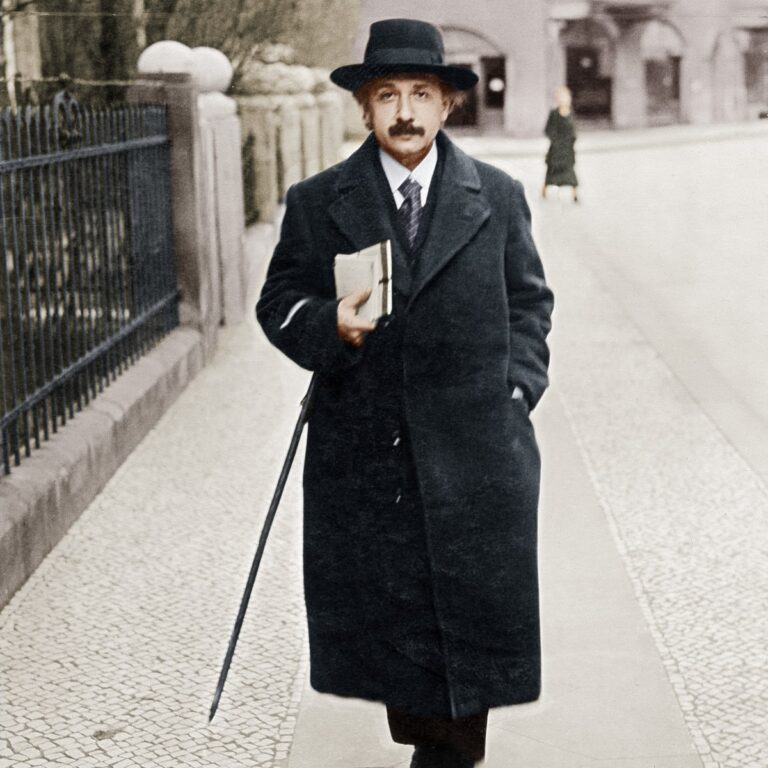
The rate at which quantum computing is hitting the media stream is ever-increasing. This piece is a collection of recent articles and reports covering various aspects of quantum computing from the lens of technology and hardware. Mea Cubitt
Quantum technology – how do the opportunities stack up? | Quantum technologies are receiving billions of dollars in funding. This is because of their disruptive potential, whether it’s vastly more powerful computing, better sensing or more reliable timing and navigation. In the UK alone, the UK National Quantum Technologies Programme is investing £1 billion over 10 years, while the US has announced $1bn new funding for 12 new research hubs. The private sector has more than kept up. In Cambridge, for example, Nu Quantum and Riverlane are among those bringing in VC money for cyber security and quantum computing applications respectively. Source: Richard Claridge. Quantum technology – how do the opportunities stack up?
Ion Beams Enable Developments in Quantum Technology | Quantum technology has opened a whole new world of potential advances in secure communications, information technology and high precision sensors. This technology is poised to provide solutions to some of the most pressing challenges in health care, industry and security. Ion beams find application in developing the innovative materials needed for new quantum technologies. “The IAEA is fully engaged with worldwide initiatives in quantum technology,” said Aliz Simon, a nuclear physicist at the IAEA. “Ion beam accelerator techniques offer emerging opportunities to further explore and develop research in quantum technology.” Source: IAEA. Ion Beams Enable Developments in Quantum Technology…
High-BIAS2 Accelerates Quantum Sensing Into Commercialization With New Milestones For Quantum Positioning System | The High-BIAS2 (High Bandwidth Inertial Atom Source) project today announced new milestones that move the industry closer to safer skies with more precise inflight navigation systems. The project has advanced its development of a cold atom-based Quantum Positioning System (QPS), which enables vehicle navigation without a GPS (Global Positioning System) or GNSS (Global Navigation Satellite System) signal. Reducing the reliance on GPS and GNSS technologies is critical for scenarios where signals from these systems are not available, such as underwater or in space, or when they suffer disruptions due to technical issues, cyberattacks, and atmospheric or reflection effects. High-BIAS2 demonstrates the rapid commercialization of quantum technologies for real world applications. Source: High-BIAS2 (PR Newswire). High-BIAS2 Accelerates Quantum Sensing Into Commercialization With New Milestones For Quantum Positioning System…
Quantum Computing Lab Is Building a Better Internet | It’s a strange, Star Trek-like world in which objects can exist in two or more states simultaneously, interact with each other instantly over long distances, and flash into and out of existence. Scientists like Figueroa — the quantum information technology research leader in the Department of Physics and Astronomy at Stony Brook University — work to harness this behavior with hopes of turning it into a new and improved internet. Source: Stony Brook University. Quantum Computing Lab Is Building a Better Internet…
Twilight for Silicon? End of “Moore’s Law” in View As Silicon Chip Density Nears Physical Limit | Researchers at The Rockefeller University have shed new light on “Moore’s Law” — perhaps the world’s most famous technological prediction — that chip density, or the number of components on an integrated circuit, would double every two years. Source: Rockefeller University (SciTechDaily). Twilight for Silicon? End of “Moore’s Law” in View As Silicon Chip Density Nears Physical Limit…
UNSW researchers ‘growing’ semiconductors for smaller electronics | Growing’ electronic components directly onto a semiconductor block could mean avoiding messy, noisy oxidation scattering that slows and impedes electronic operation, researchers out of Sydney said. Source: ZD Net. UNSW researchers ‘growing’ semiconductors for smaller electronics…

